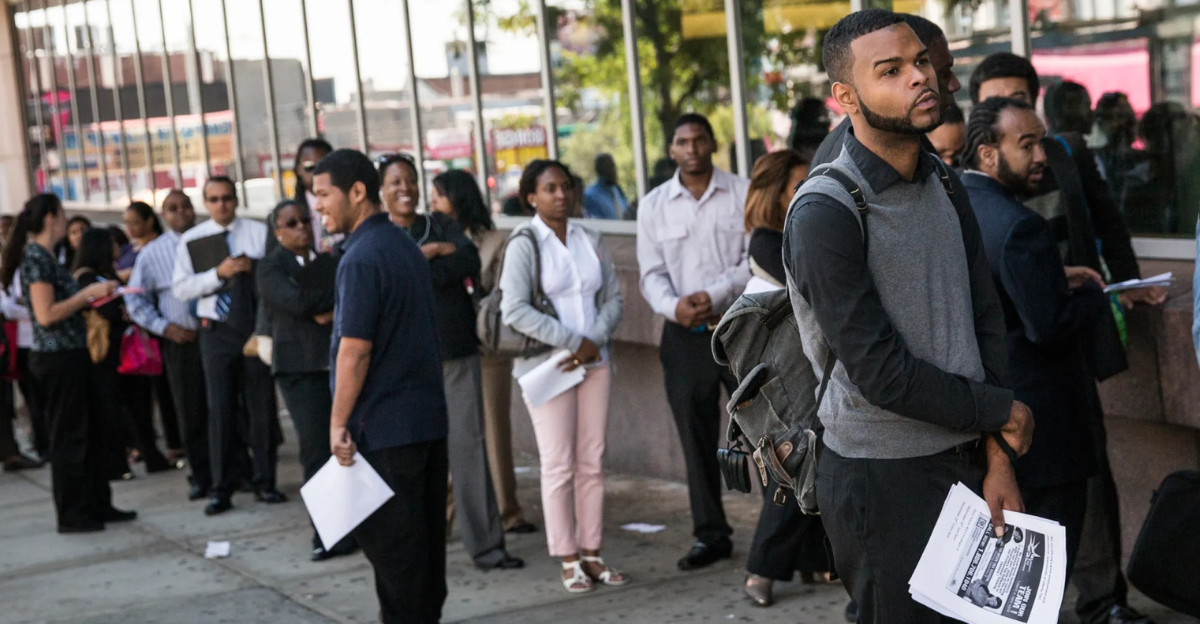
The promise of a college degree for Generation Z men is now under intense scrutiny. Data from mid-2025 reveals a growing concern that this significant investment may not yield the expected returns. Surprisingly, graduates and non-graduates compete on nearly equal footing.
As we delve into this emerging reality, it becomes clear that traditional beliefs about the value of higher education are being challenged. “I worked hard for my degree, yet I find myself in the same position as friends who chose different paths,” reflects Jake, a recent graduate. This narrative continues to unfold for the nation’s youngest workforce.
Convergence of Unemployment Rates

Unemployment rates among Gen Z men with degrees have reached alarming levels, now mirroring those who hold only a high school diploma. This unprecedented convergence signifies a shift from the historically accepted “degree premium” for job seekers. Employers are increasingly bypassing formal credentials, making degree attainment feel less relevant in today’s labor market.
“It feels like I was sold a false promise,” laments Olivia, who graduated just a year ago. As graduates confront these challenges, employers’ new hiring practices increasingly highlight skills over traditional educational achievements, leaving many to wonder what this means for their futures.
A Decade of Change
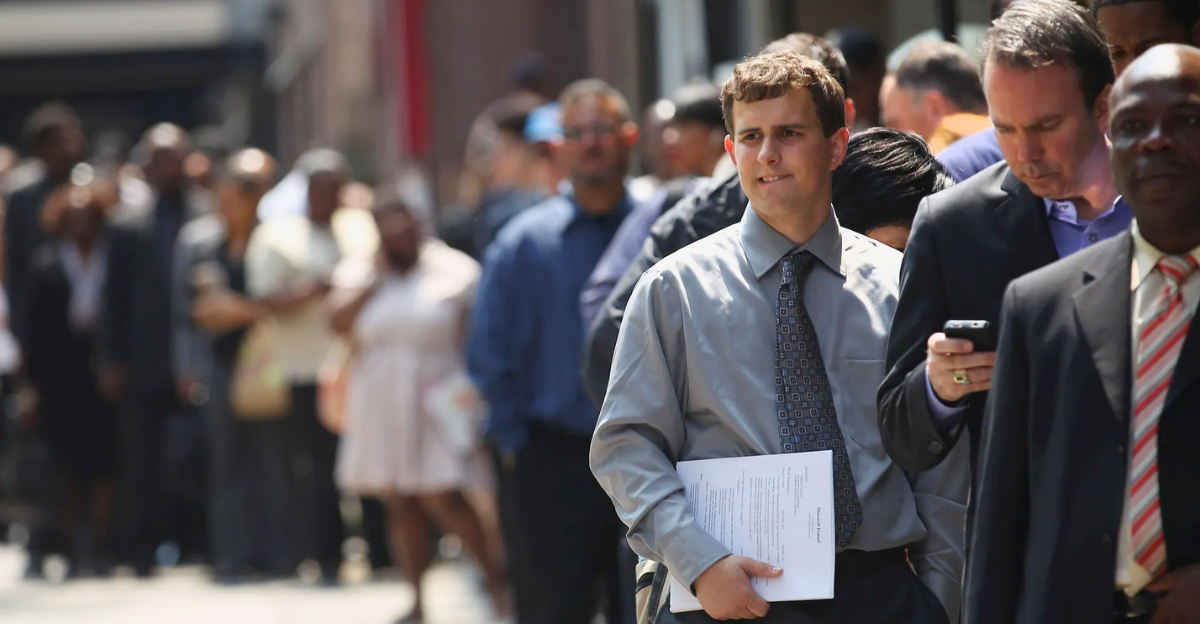
Just a decade ago, college graduates enjoyed a significant advantage, boasting an unemployment rate that was 8–10 percent lower than their non-graduate peers. The post-recession hiring trends of 2010 reinforced the perception that a college education represented a safety net in the job market.
However, as market forces began to shift, the once-strong correlation between higher education and job security weakened, leaving many graduates in precarious positions. “I thought my degree would be my ticket, but now I’m struggling to find work,” explains Mark, drawing attention to the generational shifts in employment dynamics and the looming uncertainty.
Economic Pressures at Play

Economic pressures and evolving job requirements have intensified the narrowing of the employment gap. More companies now prioritize skills over diplomas, fundamentally altering the landscape for younger workers. This trend gained momentum particularly after the recovery from the pandemic’s economic impact, reshaping employer expectations and recruitment strategies.
“We’re looking for people who can deliver results, not just a piece of paper,” states Andrew, a hiring manager at a tech startup. The job market’s evolution highlights the increasing importance of practical skills, placing those without traditional degrees at an unexpected advantage.
Parity in Unemployment Rates
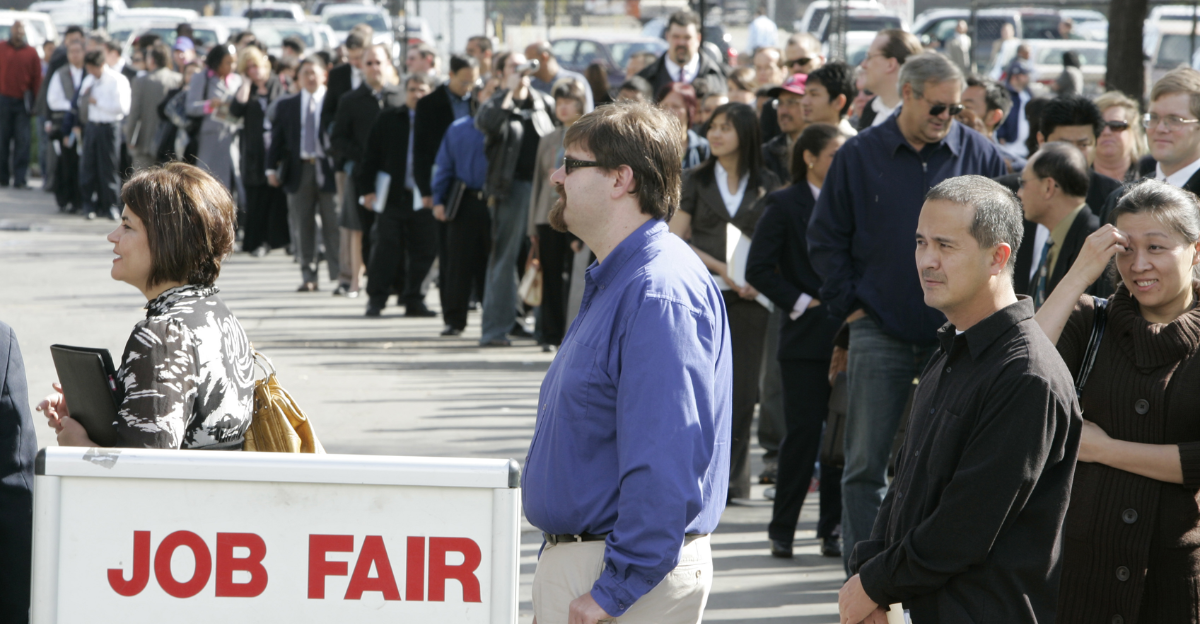
As of July 2025, Federal Reserve and Financial Times analyses indicate that college-educated Gen Z men aged 22–27 now experience the same 7% unemployment rate as their peers without degrees. This historic parity marks a significant turning point, signaling a dramatic shift in the U.S. labor market that has never been seen before.
“It’s eye-opening to see so many of my friends without degrees thriving while I struggle,” remarks Ethan, a recent college graduate. This new normal raises questions about the actual value of higher education and the implications for future generations.
National Trends in Employment
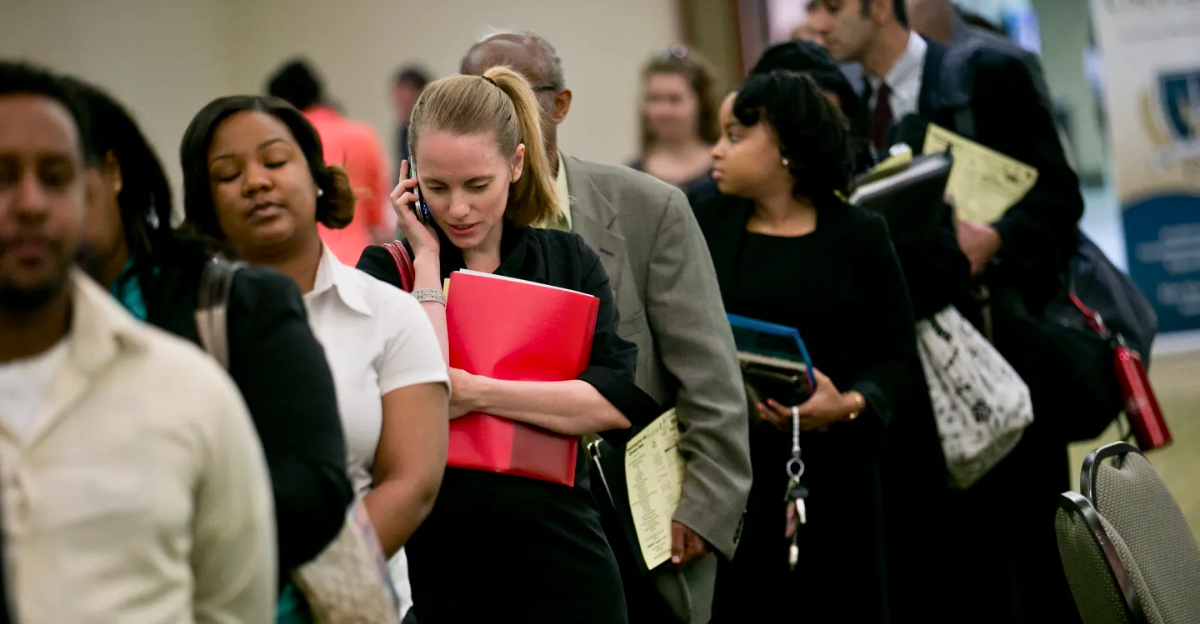
This convergence of employment outcomes isn’t confined to specific regions; national surveys reflect a widespread phenomenon affecting college-educated young men nationwide. In Southern and Midwestern states, which were once seen as strongholds for degree holders, job opportunities have sharply declined.
“It used to be that your degree opened doors here,” notes Clara, a resident of Missouri. “Now, it feels like everyone is in the same boat, with or without a degree.” The pressure to secure employment mounts, creating a sense of urgency for new approaches to higher education and career readiness across America.
Personal Stories of Disillusionment

The impact of these changing dynamics resonates deeply, with many graduates sharing their frustrations on social media. “I invested years and thousands into my education only to find myself jobless just like my friends who chose a different path,” lamented Thomas, a recent graduate from New York.
These personal stories underscore the disillusionment felt by many who once believed a college degree would guarantee job security. As more voices join the conversation, the collective frustration highlights the urgent need to reassess what success in today’s job market looks like.
A Shift Toward Skills-Based Hiring
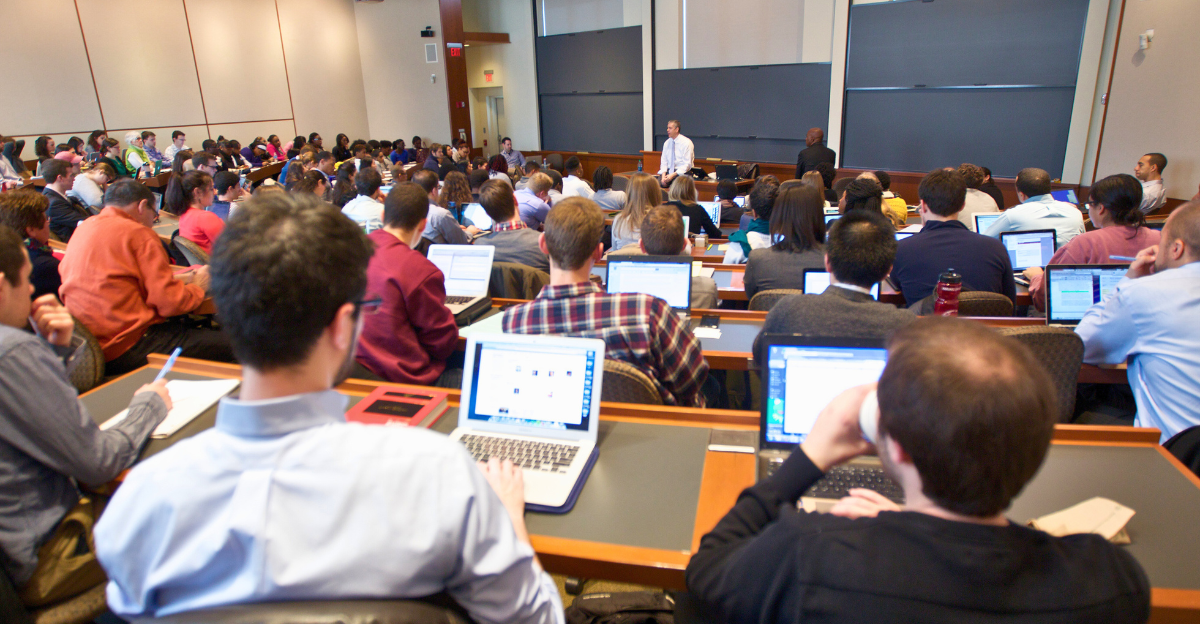
Major tech firms and industrial employers are leading the way in shifting toward skills-based hiring. Industry giants like IBM and Google have eliminated degree requirements for entry-level positions, signaling a willingness to adapt their hiring practices.
“We want to find the right talent, regardless of their educational background,” asserts Lisa, a recruiter at Google. This shift is reshaping the hiring landscape, granting young workers more opportunities based on practical skills rather than traditional educational achievements. As this trend spreads, it raises crucial questions about the future relevance of college degrees.
An Eroding College Degree Premium
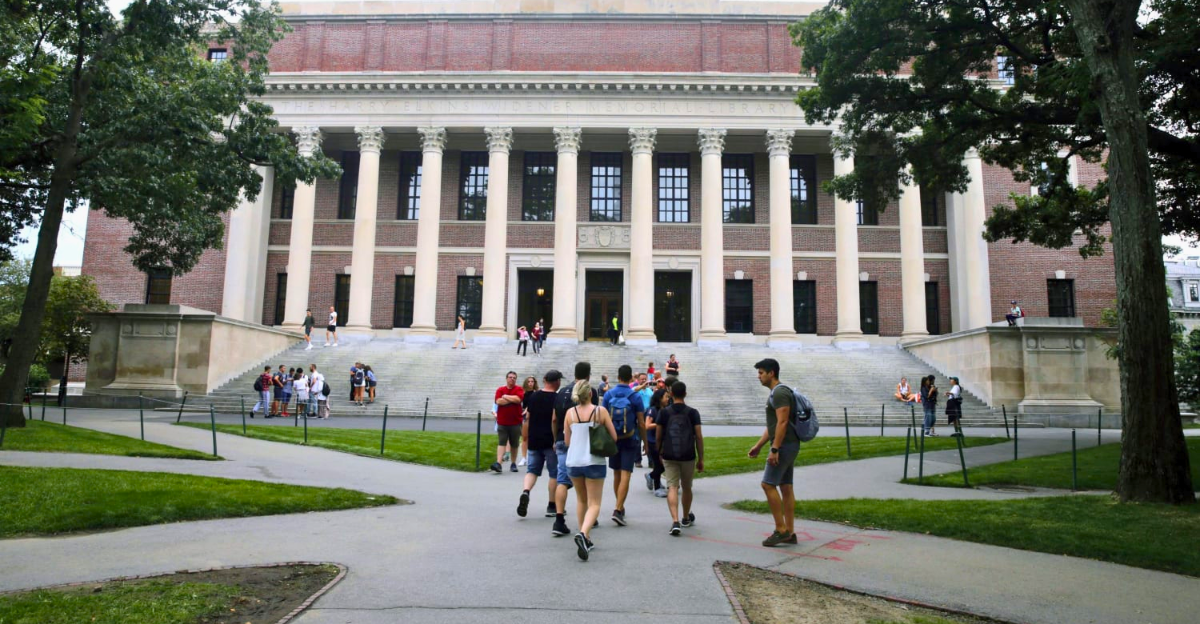
Economists from the Federal Reserve have documented the steepest decline in the college degree premium in U.S. history. The gap between the employment rates of graduates and non-graduates has plummeted from nearly 10 percentage points in 2010 to less than one by 2025.
“It’s astounding how quickly things have changed,” remarks Dr. Emily Carter, an economist. “The landscape we once knew is evolving, and those who cling to outdated beliefs are at risk of being left behind.” This critical observation underscores the need for new strategies to prepare young people for the realities of today’s workforce.
Generational Attitudes Toward College
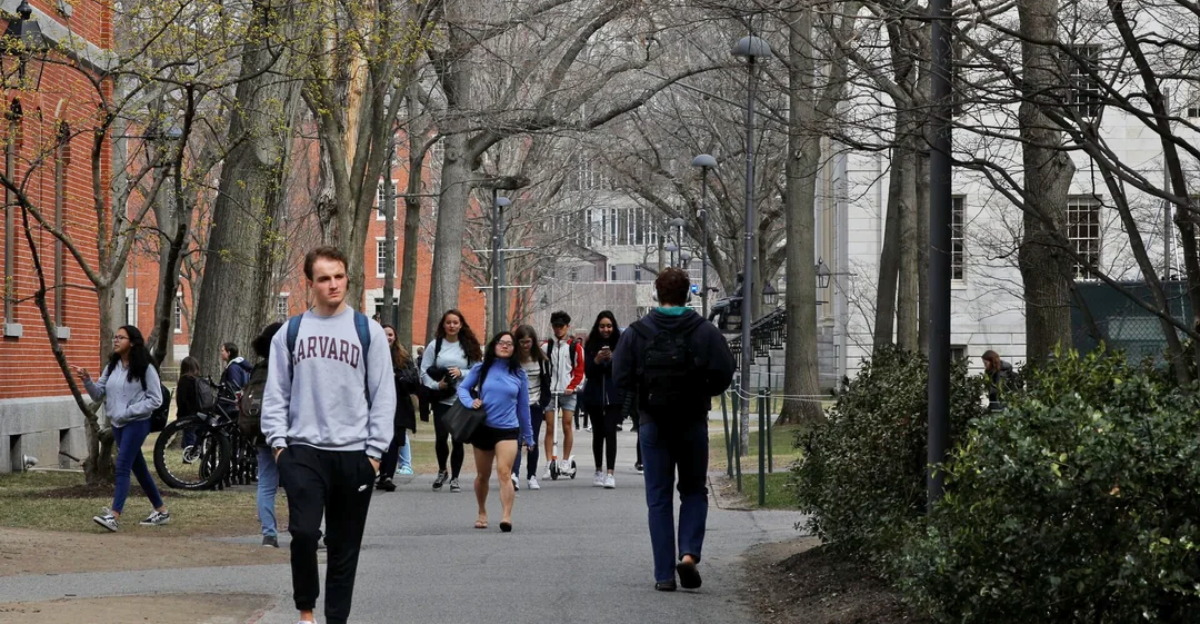
Recent surveys indicate a notable shift in attitudes toward higher education among Generation Z, with over half now viewing college as “a waste of money.” This stark contrast to Baby Boomers, only 20% of whom share this skepticism, illustrates a profound cultural shift.
“I can’t justify going deep into debt for a chance at a job,” echoes Samantha, a high school senior. The growing voices of dissent challenge long-standing assumptions about the necessity of a traditional college education, raising questions about the future of higher learning and its perceived value in career development.
The Weight of Student Debt
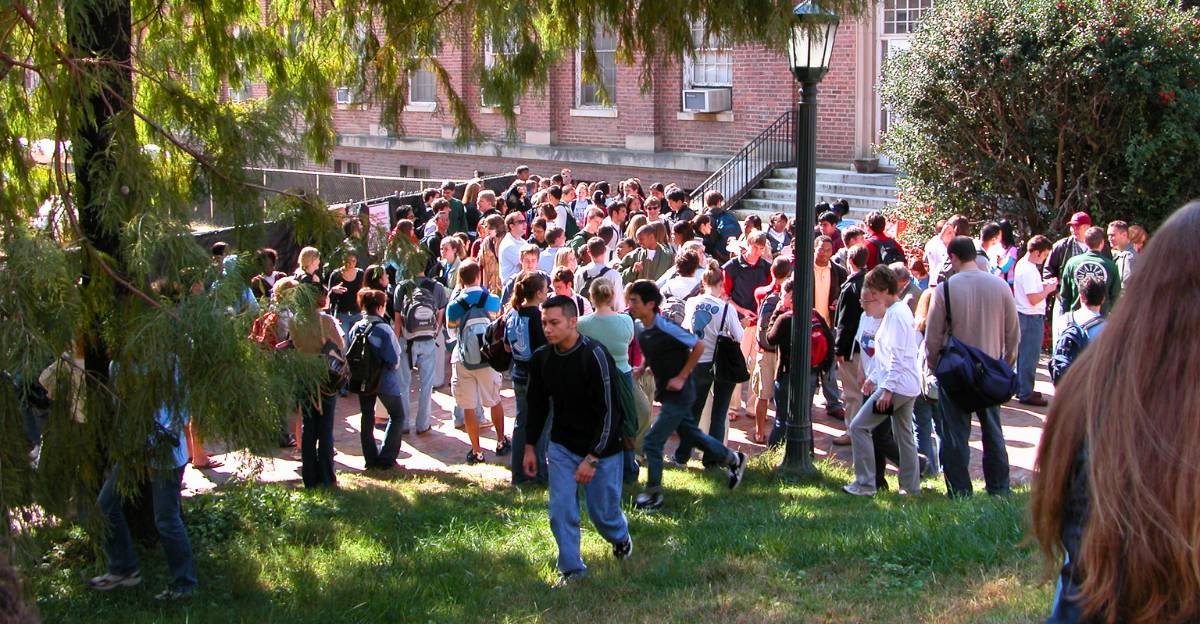
As student debt rises, coupled with disappointing job prospects, frustration mounts among young graduates. Many report job searches extending beyond ten months, facing low interview rates and limited offers. “I’ve sent out dozens of applications, but it feels like I’m invisible,” shares David, a recent graduate. This pervasive challenge leaves many feeling demoralized and questioning the return on their educational investments.
The emotional toll is palpable, creating a generation of graduates grappling with uncertainty. As they navigate these hurdles, collective frustration threatens to redefine the narrative surrounding higher education’s long-term viability.
A New Focus for Colleges

In response to labor market shifts, colleges and universities are reevaluating their curricula and creating partnerships to emphasize job-ready skills and industry-relevant certificates. Several institutions have implemented workforce advisory boards better to align education with the realities of the market. “We’re committed to preparing our students for real-world opportunities,” states Dr. Alice Johnson, an education administrator.
These strategic partnerships aim to ensure graduates meet employers’ evolving expectations, thus enhancing their employability. The journey to redefine higher education is underway, promising a more relevant path for future generations.
Rising Alternatives Through Vocational Training
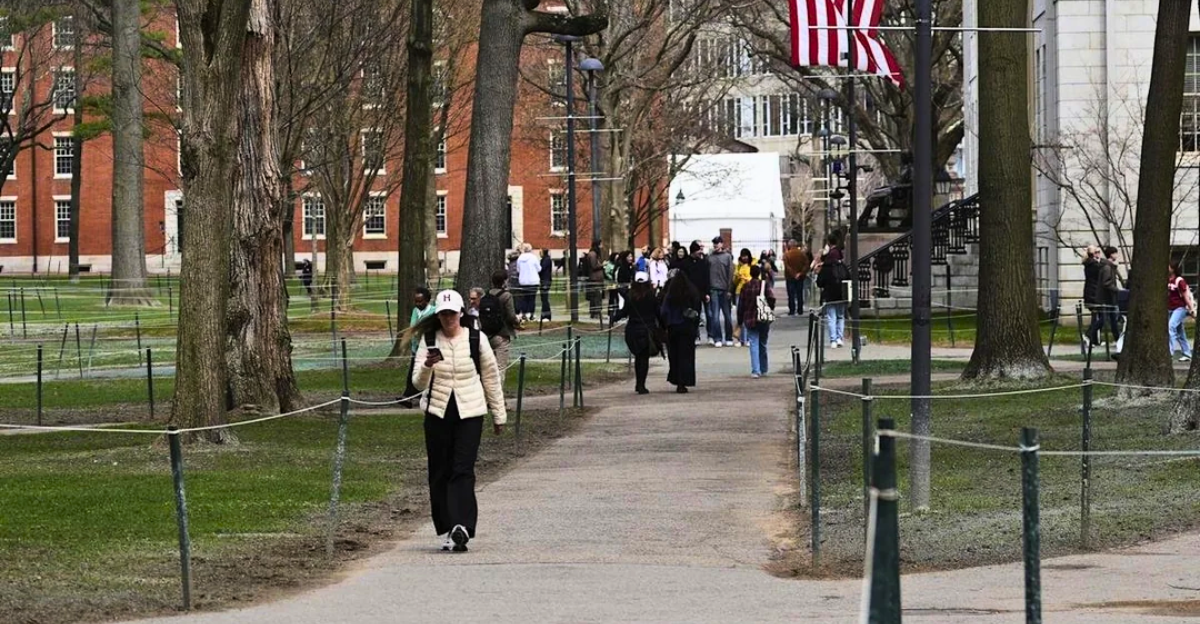
Programs that emphasize apprenticeships, internships, and vocational training are gaining traction among young men seeking practical pathways to employment. State governments increasingly offer incentives for skilled trades, highlighting viable alternatives to traditional four-year degrees.
“I’ve found real value in hands-on experience that you can’t get from a classroom,” notes Ryan, who enrolled in a vocational program as awareness grows around these beneficial learning experiences, the narrative surrounding a successful career evolves, steering young individuals toward multifaceted opportunities in a changing economy.
Expert Insights on the Job Market

Labor experts predict that the job market will remain fiercely competitive, particularly for those holding degrees. “Employers are shifting their priorities; a diploma no longer guarantees an edge,” warns a labor market analyst, Katherine Ball. This realization compounds personal anxieties for graduates seeking to carve their places in an unpredictable landscape.
As employers reevaluate criteria for hiring, many graduates find themselves reevaluating their career aspirations. The rapidly changing dynamics of the labor market compel individuals to adapt, emphasizing the importance of resilience and flexibility in navigating their job searches.
A Paradigm Shift in Career Paths

With skills-based hiring on the rise, questions loom over whether future generations will forgo college altogether. Data suggests that Generation Z’s evolving attitudes may pave the way for a broader reconsideration of the place of higher education amidst changing workforce patterns.
“I’m seriously considering skipping college and diving straight into an apprenticeship,” reflects Liam, a high school junior. As preferences shift, the implications for traditional colleges are profound, challenging institutions to reassess their value propositions and better support the next generation of workers.
Policy Discussions for the Future

State policymakers are now engaged in debates surrounding funding formulas and student aid programs, carefully evaluating the costs alongside the diminishing degree premium. The focus is increasingly on optimizing pathways that allow high school graduates to access skills and training directly, without necessarily pursuing a traditional college education.
“We need to explore multiple pathways to success,” advocates Senator Thomas, highlighting the necessity of aligning educational offerings with market needs. These discussions could reshape the future landscape of education, impacting the aspirations and opportunities available to young people across the country.
Recognizing Global Trends

The shifting value of college degrees is not confined to the United States; similar trends are emerging globally. In various countries, the prioritization of practical skills over traditional degrees is also gaining momentum. This reflects a collective reassessment of how societies prepare their youth for rapidly evolving labor markets.
“We’re observing a worldwide move toward skills that directly contribute to employment,” states Dr. Anita Patel, a global labor expert. As nations grapple with these changes, opportunities and challenges abound, influencing the future trajectories of young workers everywhere.
Navigating Uncertainty
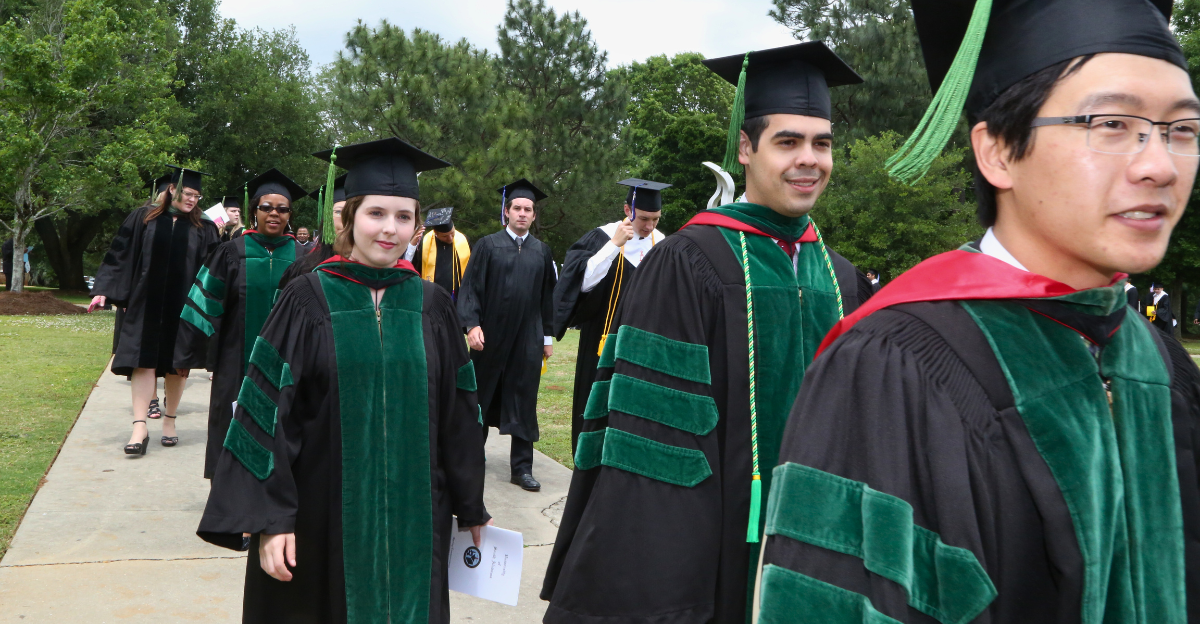
As graduates navigate the challenges of an evolving job market, uncertainty looms. With increasing competition and a rapidly changing landscape, many young people question their career choices and aspirations. “The pressure to succeed feels overwhelming,” admits Jessica, a recent graduate facing a tough job search.
The need for adaptability and resilience has never been more crucial, making it essential for young professionals to reassess their approach to career development amidst shifting priorities. This journey toward finding one’s path is filled with challenges and possibilities.
The Path Forward

Moving forward, the emphasis on skill acquisition and practical experience will likely reshape higher education. Institutions must adapt to prepare students for theoretical knowledge and real-world challenges. “We’re at a crossroads,” observes Dr. Eric Chen, an educational consultant.
“The next steps we take will shape the future of education and workforce development.” This pivotal moment presents an opportunity for collaboration and innovation within education systems, ensuring graduates possess the requisite skills to thrive in a competitive environment.
Embracing New Horizons

Ultimately, the ongoing evolution of the job market compels educators, students, and employers to rethink traditional definitions of success. As degree paths come under scrutiny and the focus shifts to skills-based hiring, we may witness a remarkable transformation in how future generations prepare for their careers.
“I’m hopeful that we will find better ways to connect education and employment,” reflects Sarah, a workforce development advocate. The journey ahead remains daunting yet promising, presenting an opportunity to build more inclusive and responsive pathways for all job seekers in tomorrow’s economy.